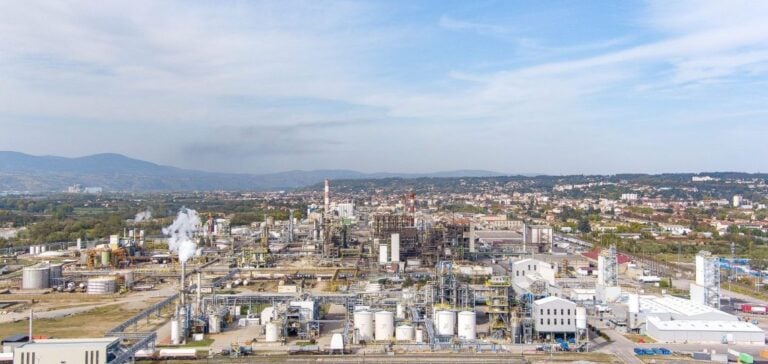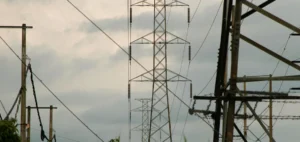Elyse Energy, a SME specializing in sustainable energy solutions, has announced a €120 million fundraising round. This funding, achieved with the support of several financial partners, aims to accelerate its industrial projects in synthetic fuels, particularly methanol produced from low-carbon hydrogen and recycled CO2.
Funding to support ambitious projects
This fundraising round was made possible through the participation of Hy24, PGGM, Bpifrance, and Mirova. Hy24, an asset manager focused on the hydrogen economy, reinforced its commitment by taking a stake in the company through its “Clean Hydrogen Infrastructure Fund.” Joining this effort were two new investors: PGGM, a Dutch pension fund manager, and Bpifrance, France’s public investment bank.
The funds will be used to develop key infrastructure, including the BioTJet plant in the Pyrénées-Atlantiques, dedicated to producing synthetic bio-kerosene for the aviation industry. Two additional projects, eM-Rhône in Isère and eM-Numancia in Spain, will focus on producing synthetic methanol. According to Elyse Energy, these initiatives are expected to reduce CO2 emissions by nearly 700,000 tons annually.
Synthetic methanol: a strategic fuel
Synthetic methanol, also known as e-methanol, is produced by combining low-carbon hydrogen, generated from renewable or nuclear electricity, with recycled CO2. This fuel is seen as a promising solution for reducing emissions in traditionally hard-to-decarbonize sectors, such as maritime transport and the chemical industry.
The company plans a final investment decision for these projects between late 2025 and early 2026, a crucial step before construction can begin. “This fundraising demonstrates that our projects are moving forward and that the market is responding to a growing demand for decarbonized solutions,” said Pascal Pénicaud, President of Elyse Energy.
An ecosystem still in development
Despite these advancements, challenges remain. Pierre-Etienne Franc, CEO of Hy24, emphasized that the implementation of low-carbon hydrogen projects is slowed by high costs and complex regulations. “If European policies do not quickly align with energy transition goals, the deployment of low-carbon hydrogen will not proceed at the required pace,” he stated.
For Elyse Energy, this financial partnership marks an important milestone in establishing its role in the hydrogen economy. The combined efforts of investors and industrial stakeholders could accelerate the energy transition in high-emission sectors.






















